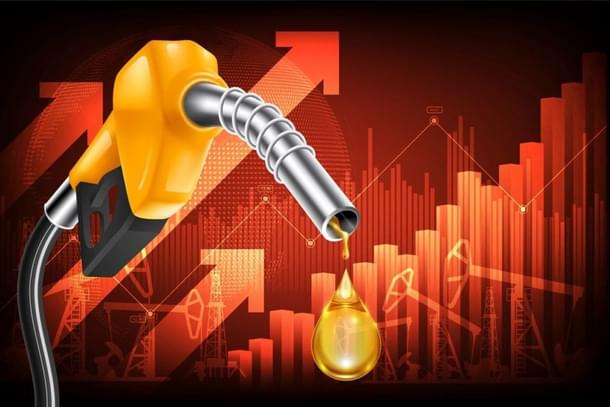News Brief
Windfall Tax On Oil And Fuel Exports Withdrawn After 2.5 Years As International Energy Prices Stabilise
Vansh Gupta
Dec 02, 2024, 06:59 PM | Updated 06:59 PM IST
Save & read from anywhere!
Bookmark stories for easy access on any device or the Swarajya app.


The government has officially withdrawn the windfall gains tax—imposed as a Special Additional Excise Duty (SAED) on crude oil production and exports of diesel, petrol, and aviation turbine fuel (ATF)—after nearly two-and-a-half years.
Notifications from the Finance Ministry confirming the removal of SAED and Road and Infrastructure Cess (RIC) on exports of petrol and diesel came into effect immediately and were presented in Parliament on Monday.
The decision comes in light of declining revenues from the windfall tax, which has recently been negligible due to significant softening of global crude oil prices and the prices of major fuels in the international market.
The enabling provisions for imposing the tax have also been repealed, signaling a complete rollback, according to government sources. Industry stakeholders had raised concerns about the continued levy, especially as international markets stabilised.
Introduced on 1 July 2022, the windfall tax was a response to extraordinary circumstances following Russia’s invasion of Ukraine, which caused a sharp spike in global crude oil and fuel prices. Since Indian crude oil prices are tied to international benchmarks, domestic oil prices surged dramatically.
Meanwhile, refiners—especially private players—focused on exporting fuels to more lucrative international markets, creating fuel shortages in certain parts of India. The tax had two primary goals:
1. Capture windfall profits: It enabled the government to extract a share of the excess profits earned by domestic oil producers and exporters.
2. Stabilise domestic supply and prices: By discouraging exports, the government ensured adequate fuel availability to meet domestic demand.
Over time, as international crude oil and fuel prices normalised, the need for such a tax diminished. The tax generated Rs 25,000 crore in FY23, Rs 13,000 crore in FY24, and only Rs 6,000 crore so far in FY25, reflecting its decreasing relevance. With global and domestic markets stabilising, the government has now fully repealed this temporary measure.
Vansh Gupta is an Editorial Associate at Swarajya.




